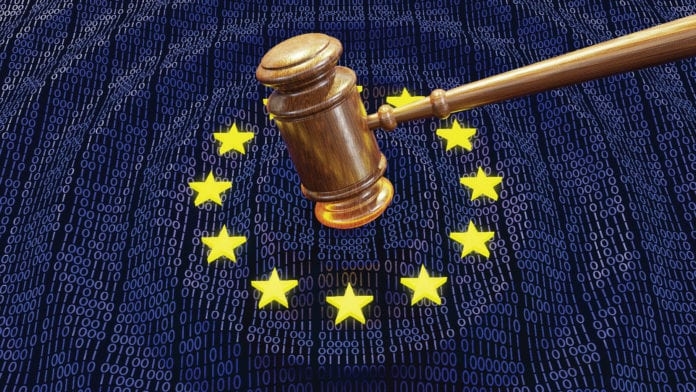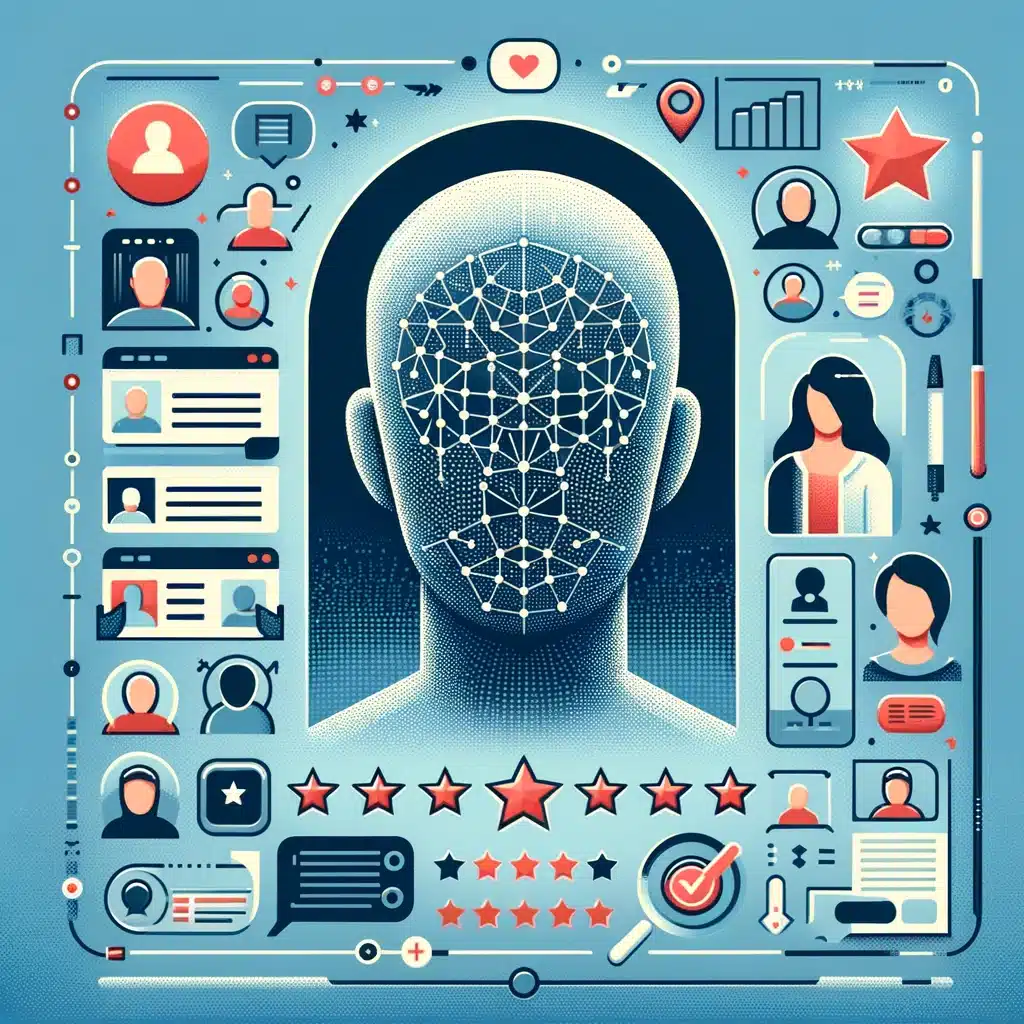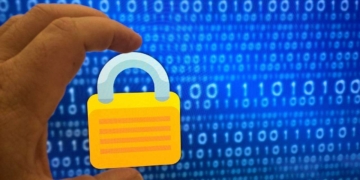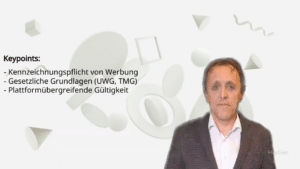- The German government will allow digital employment contracts from March 21, 2024 in order to reduce bureaucratic hurdles.
- The Evidence Act previously required written contracts, which meant a great deal of effort for employers.
- The reform enables contracts in text form, e.g. by email or as a PDF with a digital signature.
- The bureaucratic effort is reduced, which particularly benefits start-ups and agencies.
- Digital contract processing simplifies the hiring of new employees and project contracts for freelancers.
- Companies need to implement technological solutions for digital signatures and contract storage.
- The reform signals a modern employer brand and promotes digitalization in HR.
The world of work is undergoing a digital transformation – but when it comes to employment contracts, of all things, there is still a problem. Until now, employment contracts still had to be signed on paper in most cases in order to meet the requirements of the Evidence Act. But this is now set to end: On March 21, 2024, the German government agreed that employment contracts can also be concluded digitally in future. This is an overdue change that will make things much easier for start-ups, agencies and the digital sector in particular.
The Evidence Act: a hurdle for digital contracts
In principle, German employment law, in particular Section 611a of the German Civil Code (BGB), has no formal requirements for the conclusion of an employment contract. Theoretically, an employment contract could therefore also be concluded verbally or digitally.
The problem lies in the Evidence Act. This obliges employers to set out the main terms of the contract in writing, sign them and hand them over to the employee. This includes, among other things, information on the type of work, the start of the employment relationship, the composition and amount of remuneration as well as working hours and vacation entitlement.
Violations of this obligation to provide proof can result in severe fines. In practice, this means that most employment contracts are still concluded in paper form with handwritten signatures – an enormous bureaucratic burden in the digital age.
The planned reform: digital contracts become possible
With the reform now planned, it should also be possible to provide evidence of the contractual terms in text form, e.g. by email or as a PDF document with a scanned signature. This means that employment contracts can be concluded completely digitally.
The written form should only be mandatory in certain sectors with an increased risk of undeclared work, such as the construction industry or the catering sector. For all other sectors, in particular the digital economy, the text form should be sufficient.
This removes one of the last hurdles to end-to-end digital processes in HR. Companies can gain enormous speed and efficiency as a result.
Huge opportunity for start-ups and agencies
This is a huge relief, especially for start-ups, agencies and IT companies that often work completely digitally and remotely. New employees can be hired more quickly and easily without having to send paper contracts back and forth.
It also makes things much easier for influencers and freelancers who work on a project basis. Orders can be fixed quickly via a digital contract, without media disruptions and postal delivery times.
The change is also an important signal for a modern, digital employer brand. Especially in the competition for talent, companies can position themselves as progressive and employee-oriented.
How to make the switch
In order to benefit from the new opportunities as a company, some preparation is necessary. The switch to digital contracts should be carefully planned.
Above all, a suitable technical solution for digital signatures and contract storage is important. Many providers offer intuitive and legally compliant solutions in this area. Internal recruiting and onboarding processes also need to be adapted.
Companies should also review their employment contracts and amend them if necessary. Even though it is now possible to conclude contracts digitally, many formal requirements remain in place, such as for fixed-term contracts or terminations.
Conclusion
The reform of the Verification Act is an overdue step towards a more digital working world. It removes one of the last hurdles to end-to-end digital processes in HR.
For start-ups, agencies and companies in the digital economy in particular, there are enormous opportunities to streamline processes and stand out from the competition. With the right preparation and advice, nothing stands in the way of the digital future of the employment contract.


















